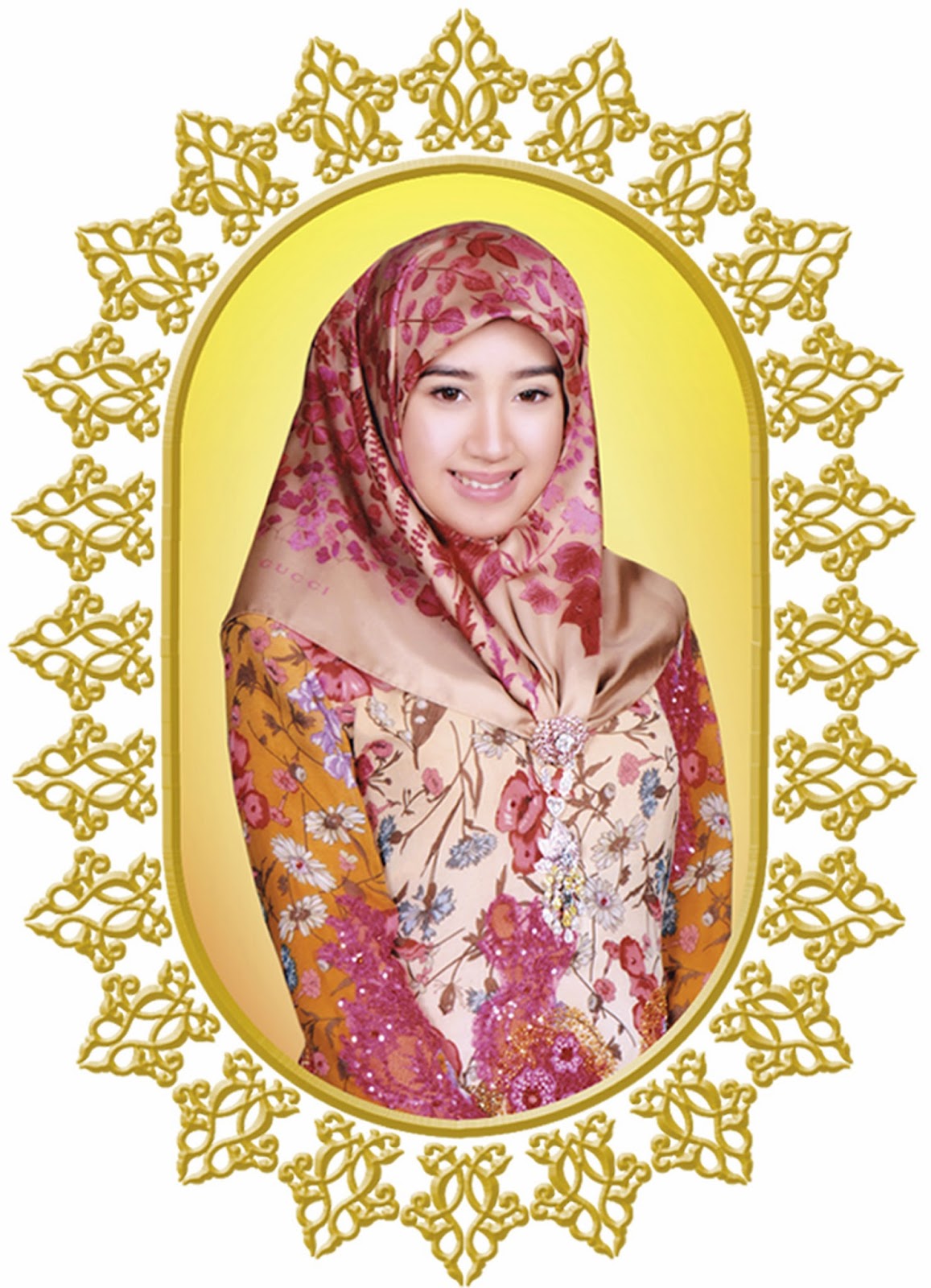Brunei's Landmark Legislation in 2014
Quratul-Ain Bandial & Syazwan Sadikin
BANDAR SERI BEGAWAN
Friday, December 26, 2014
THE year 2014 marked many firsts in the legal sphere, from the historical introduction of the Syariah Penal Code Order, to new mental health legislation addressing outmoded lunacy laws. The laws were aimed at improving the welfare of the people, the government said.
The Brunei Times takes you back over the past year to review some of the key pieces of legislation introduced in 2014.
1. Syariah Penal Code comes into force
Perhaps the most talked-about news story in 2014, the Syariah Penal Code incorporates Islamic laws into the existing criminal justice system.
The first phase of the Order came into force on May 1, six months after His Majesty Sultan Haji Hassanal Bolkiah Mu’izzaddin Waddaulah, the Sultan and Yang Di-Pertuan of Brunei Darussalam, made the announcement that Brunei would be returning to Islamic law, calling it “part of the great history of our nation”.
The legislation includes hudud offences, where punishment has been set by the Quran and Sunnah (deeds and sayings of the Prophet Muhammad, Peace be upon him).
Hudud crimes cover theft, illicit sexual relations, making unproven accusations of illicit sex, causing physical hurt, drinking intoxicants, apostasy, and acts contrary to Islamic beliefs.
Hudud has been controversial due to some of the harsh penalties prescribed, such as amputation for theft and stoning to death for adultery, but prosecutors must fulfil a high burden of proof, including the testimony of at least four credible witnesses, in order to carry out the punishment.
The Order also includes other takzir offences (where punishment is set at the discretion of a a Syarie judge), such as disrespecting the month of Ramadhan, propagating religions other than Islam and questioning the religious authority of the state.
2. Heftier penalties for mosque thefts and trespassing on royal property
Following a spate of 15 thefts in mosques across the country, His Majesty decreed heavier penalties for such offences.
An amendment to the Penal Code mean that theft, mischief, house trespassing and housebreaking committed at protected places or places of worship will be punished with mandatory whipping and a jail term of up to 10 years.
His Majesty called on enforcement authorities to take comprehensive steps to deter such crimes, in a titah delivered last February to mark Brunei’s 30th National Day. Imams also denounced the thefts as “the most atrocious sin”.
The government also announced an amendment to the Trespass of Royal Property Act, punishing offenders with a jail sentence between two and seven years, as well as a mandatory punishment of two strokes of the cane.
3. Groundbreaking new mental health laws
Brunei introduced the long-awaited Mental Health Order on November 1, replacing the nearly century-old Lunacy Act.
The new law brings in sweeping changes to mental healthcare in the country as comprehensive guidelines are in place to address treatment, which covers the admission of patients to hospital, initial treatment and rehabilitation as well as integration into society. Families or guardians will no longer be required to report patients to court to seek medical treatment.
The shift in mindset from “lunacy” to “mental health” is reflected in the provision of community-based care.
Law enforcement and social workers have been granted the power to apprehend any person suspected of mental illness and at risk of endangering themselves, others or property, preceding a routine psychiatric assessment.
Provisions relating to welfare have also been allocated under the Mental Health Order to protect patients from neglect and abuse as well as against improper detention; to manage the finances of the patients; and to permit life-saving surgery and medical procedures.
Under the new Act, a Board of Visitors has been established, tasked to inspect the quality and procedures of psychiatric treatment facilities used for the treatment of mental health patients. They will also examine patients detained in hospital involuntarily and on a long-term basis.
4. Changes to nursing laws to ensure public safety
An amendment to the Nurses Registration Act in 2014 was aimed at better monitoring of nursing practices in the country.
Enforced in March, the new regulations stipulate that no one is allowed to employ individuals for nursing services unless they are registered with the Nurses’ Board.
“With the new amendments in the act it is hoped to care and protect the safety of nursing services given to the public especially patients, but also ensuring that the services are recognised and of quality since it will be processed and registered under the Nursing Board of the country,” said the Minister of Health.
Courtesy of The Brunei Times


Comments